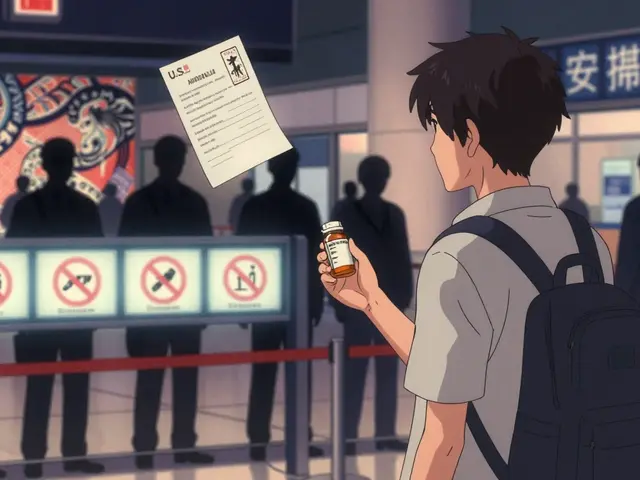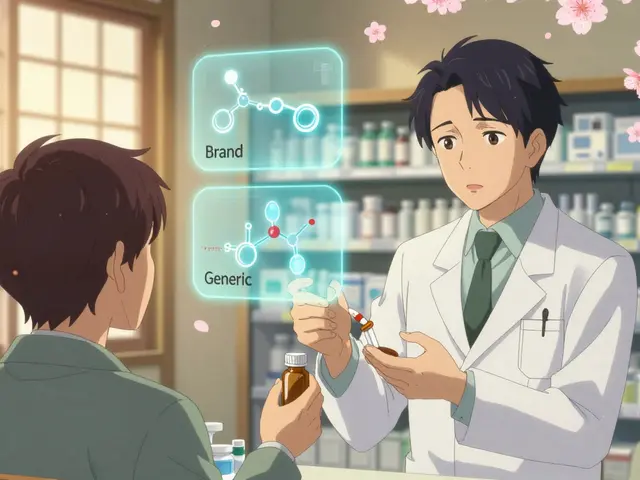Benign Prostatic Hyperplasia (BPH): What Every Man Should Know
If you’ve noticed more trips to the bathroom or a weak stream, you might be dealing with an enlarged prostate. That’s what doctors call benign prostatic hyperplasia, or BPH for short. It isn’t cancer, but it can mess with daily life if left unchecked.
Spotting the Signs and Deciding When to Call the Doctor
The first clue is usually a change in how you pee. Common symptoms include:
- Frequent urges, especially at night
- Difficulty starting or stopping urination
- A weak or interrupted stream
- Feeling like your bladder isn’t empty after you finish
If any of these show up and bother you, schedule a check‑up. Your doctor will ask about the pattern, run a simple urine test, and probably perform a digital rectal exam to feel the prostate’s size.
Managing BPH: Lifestyle Tweaks and Medical Options
Before reaching for pills, try easy lifestyle changes. Cutting back on caffeine and alcohol can reduce nighttime urges. Drinking enough water is good, but avoid large amounts right before bed. Regular exercise helps keep the bladder muscles strong.
If symptoms persist, medication may be recommended. Alpha‑blockers (like tamsulosin) relax prostate muscle fibers for smoother flow. 5‑alpha‑reducing drugs (such as finasteride) shrink the gland over several months. Your doctor will weigh side effects against benefits before choosing.
When medicines aren’t enough, minimally invasive procedures are available. Transurethral resection of the prostate (TURP) removes excess tissue using a tiny camera. Newer options like laser therapy or water‑based vaporization work faster and often have shorter recovery times.
Regardless of treatment, regular follow‑ups matter. Your doctor will track symptom scores and prostate size to see if the plan is working. If you notice sudden pain, blood in urine, or a fever, seek medical help right away—that could signal an infection or other complication.
Bottom line: BPH is common as men age, but it’s manageable. Recognize the warning signs early, talk openly with your doctor, and use a mix of lifestyle habits and proven treatments to keep urinary issues under control.
The Role of Diet in Preventing and Managing Benign Prostatic Hyperplasia
As a blogger, I've recently been researching the role of diet in preventing and managing Benign Prostatic Hyperplasia (BPH). It turns out that a healthy diet plays a vital part in maintaining prostate health and reducing the risk of BPH. I found that consuming a diet rich in fruits, vegetables, and whole grains while limiting red meat and processed foods can significantly help in managing BPH symptoms. Additionally, incorporating omega-3 fatty acids and reducing the intake of caffeine and alcohol can also be beneficial. Overall, embracing a healthy lifestyle and making conscious dietary choices can play a crucial role in preventing and managing BPH.





